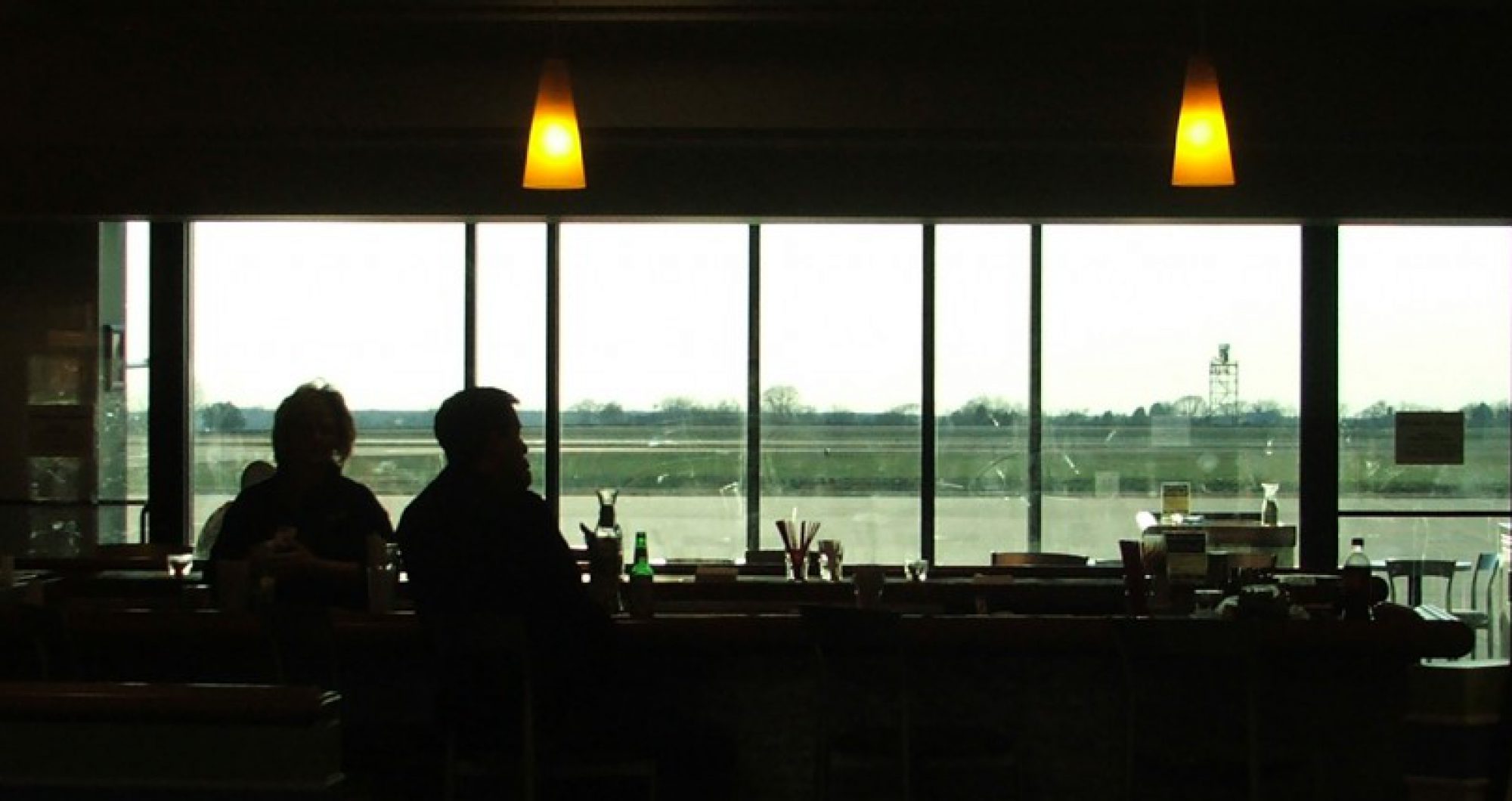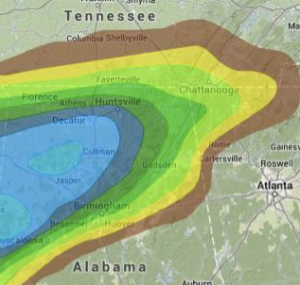 The stem is amazing and sculptural, a thick twist of green and grey vine that suggests the violence of the harvest, where a living plant is wrested from the field. The other is a huge, hideous bumpy orange gourd. Another, cream colored and unblemished, tranquil and deathly pale. They are fantastic, unlike the usual run of orange bowling balls that conform to type.
The stem is amazing and sculptural, a thick twist of green and grey vine that suggests the violence of the harvest, where a living plant is wrested from the field. The other is a huge, hideous bumpy orange gourd. Another, cream colored and unblemished, tranquil and deathly pale. They are fantastic, unlike the usual run of orange bowling balls that conform to type.
When we ask for a price, the girl isn’t sure and calls her dad over. He hesitates and the pause is significant. The pause is the pause of gauging how much the market will bear, of reassessing the market and determining two things. One is that the cultural value of pumpkins is higher this year. The other is that the farmers are getting the idea that our town has changed from being a simple, unsophisticated, regular place, to one with its share of foolish city folks who will pay absurd prices for pumpkins because they don’t know any better or because they are pressed for time, lack their own fields and/or have been afflicted by the viral creep of Samhain that fills our newsfeeds with a bumper crop of photographs of babies in the pumpkin field. With a little effort every holiday can be that little bit more special. Pumpkins are this year’s seasonal photo op.
 The Selection of the Pumpkin is like the selection of the Christmas tree, where you venture into to nature and find the perfect object and then you take it home and bestow upon it all of your family’s whimsy and skill with Pinterest-perfect crafts, to etch your clever idea with a laser or a drill, pinpricking the thick pumpkin shell with a million points of light to create a pointillist effect that will impress the parents who regularly accompany the trick or treaters. Throw in some political commentary with your professionally carved Obama pumpkin. Really think about it. It’s an important part of your family’s brand.
The Selection of the Pumpkin is like the selection of the Christmas tree, where you venture into to nature and find the perfect object and then you take it home and bestow upon it all of your family’s whimsy and skill with Pinterest-perfect crafts, to etch your clever idea with a laser or a drill, pinpricking the thick pumpkin shell with a million points of light to create a pointillist effect that will impress the parents who regularly accompany the trick or treaters. Throw in some political commentary with your professionally carved Obama pumpkin. Really think about it. It’s an important part of your family’s brand.

The farmer would know that people are now buying multiple pumpkins to create displays, that pumpkin spice lattes have had a toxmoplasmosic effect and we are compelled to mark the end of the harvest with more elaboration as we become less connected to it. That fall kicks off an extended season of decorative expectations, starting with scarecrows and the gradual introduction of candles. One pumpkin will not do. One needs hay bales, 4-8 pumpkins, mums, a scarecrow.
How much for the sculptural stem pumpkin? He looks at us, not as the weekly customers who buy his peppers and squash, but as big city pumpkin seekers, the kind of people who don matching sweaters for a trip out to the farm. “Twenty,” he says. What about the bumpy one? “Twenty/Twenty-five?”
There is a food truck parked outside. They have broken ground on the Whole Foods.
“No way,” my husband says. Not because he had a fixed price in his head that he’d be willing to pay for a pumpkin mind you, but it just seems high. This is a reasonable, affordable place where you can buy a house for under $200,000. Don’t be selling us your big city pumpkins.

“I was down in Birmingham,” the farmer says, “and that’s what they pay. A man tells me if I have any left next week, the day before Halloween, he’ll give me $40 a piece. I’ve got 200 pumpkins. He said he’d take them all.”
We buy something smaller and more regular for $5, but later my husband wishes we’d gone all out and bought the big one. They’re cool looking. A year from now, the $20 pumpkin will have gone the way of the egg cream. Remember when you used to just buy a pumpkin for $5 and stick a knife in it? Those were the days.
Images: Monks Market, screenshot of the Brooklyn and Bailey YouTube Channel, hoax condom from Snopes, one of a fleet of pumpkin-laden school buses in Indiana.

















